In the Hubei Provincial Museum, located in Hubei Province in eastern central China, a perfectly preserved bronze sword from the Fifth century BC is displayed among the permanent collections.
The sword was discovered in 1965 during an archaeological excavation at the Zhang River Reservoir in Jingzhou. Nearly fifty tombs were found, yielding over 2,000 artifacts, among them the Sword of Goujian.
The weapon is 22 inches long with a repeating dark-colored pattern of rhombi engraved into the blade and is inlaid with turquoise.

Embellished over the pattern are Chinese characters that, according to My Modern Met, translate to “King of Yue” and “made this sword for [his] personal use.” Most historians believe the sword belonged to Goujian, the King of the Chu State during the Zhou dynasty.
The sheath is made of lacquered wood and was found to be virtually airtight, which was probably a major factor in keeping the blade untarnished in the 2,000 years it lay in the damp environment of the king’s tomb.
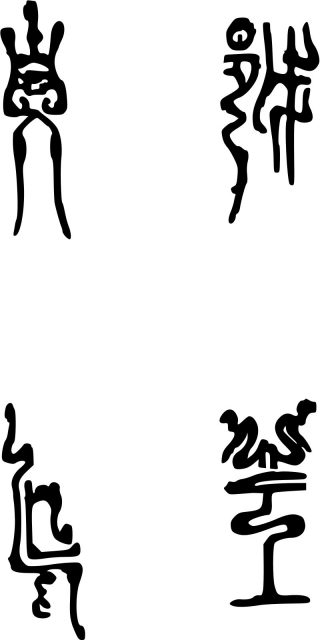
The grip is bound with silk, and the pommel is designed with eleven circles. The blade is made mostly of copper and tin and is as razor sharp as it was when the king held it in his hands.
The Epoch Times tells the story of Goujian, the owner of the sword. During the early reign of Goujian in the fifth century BC, the State of Yue was in a precarious position. A neighboring state, Wu, had conquered the Chu Kingdom and focused its sights on Yue. Goujian had just inherited the throne, and the State was in disarray.
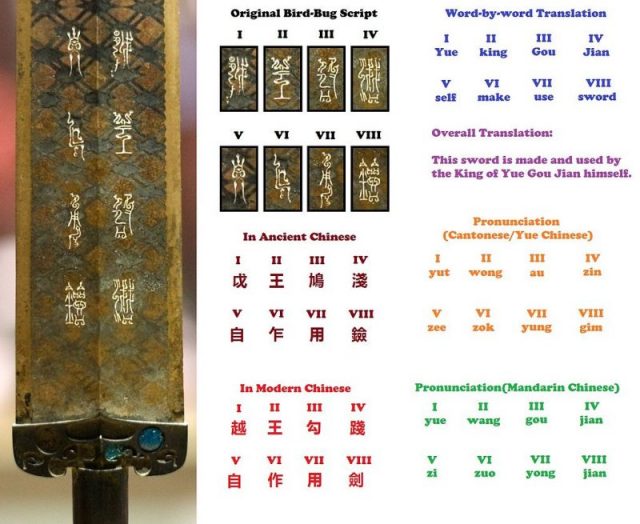
Helü, the King of Chu and Wu, wasted no time in attacking Goujian’s army which was led by Goujian himself. Although he was outnumbered and outgunned, Goujian succeeded in cornering Helü, and a duel was set. Goujian’s youth gave him an advantage and Helü was killed as his troops retreated.
Helü’s son, Fuchai, then became King of Wu, and he could never forgive Goujian for the death of his father. After rebuilding his army, he attacked the Yue State. Unable to work his way out of this fight, Goujian surrendered.
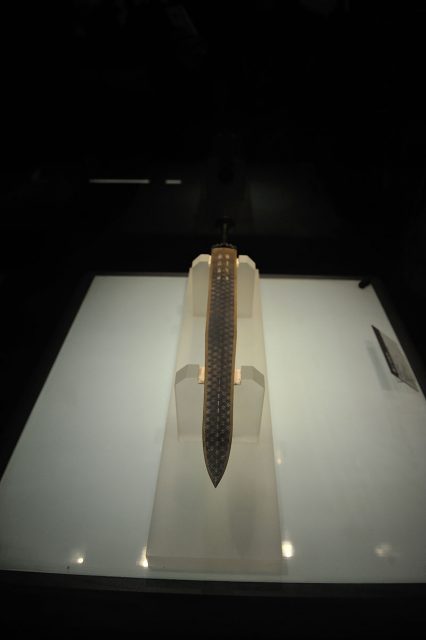
He, his wife, and his right-hand man, Fan Li, were enslaved by Fuchai, and one of Fuchai’s advisors, Wen Zhong, took over the ruling position of Yue. During the three years of Goujian’s captivity, Fuchai’s attitude of self-importance grew exponentially.
Related Video: Samurai Sword Testing
https://youtu.be/tTJ9y-ThNHw
He was convinced he had the former King of Yue completely under his thumb and ignored his advisors when they cautioned him against overconfidence. Fuchai was so convinced of Goujian’s loyalty, he freed the former king, his wife, and Fan Li and allowed them to return home.
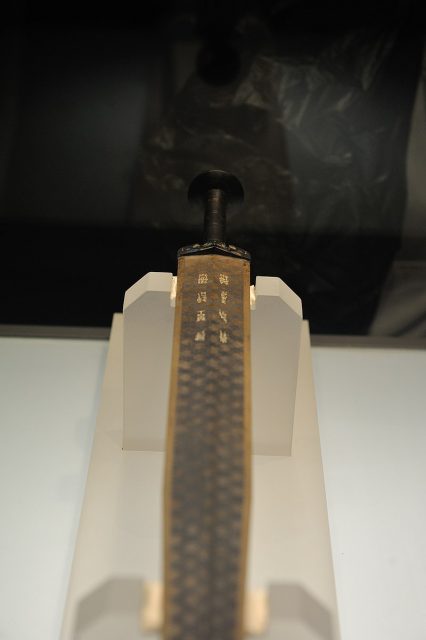
While once again ruling, Goujian and his wife joined the commoners working in the fields — not only to stay below Fuchai’s radar but also to better understand the plight of the peasants while Fan Li prepared the ultimate revenge.
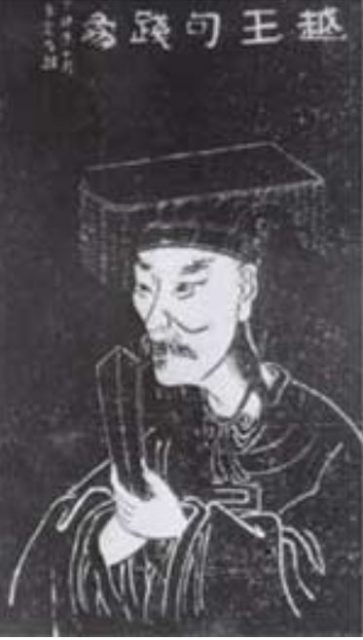
Taxes would not be raised, and rules were set to maximize the birth rate which drew favor from the peasants. Goujian allowed Fuchai to get the upper hand on trade negotiations and freely sent his most beautiful women to be concubines of the Wu ministry.
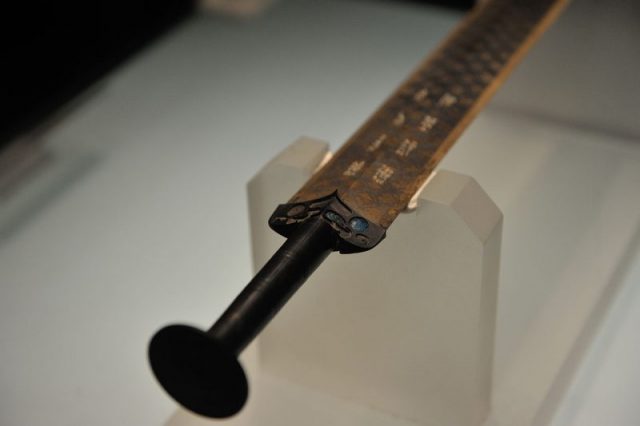
Fan Li trained women in the art of entertainment and pleasing men. One such concubine, Xi Shi, was trained especially for Fuchai. He was so besotted with her, he forgot his royal duties and spent all of his time and money on construction projects to benefit her.
The rest of Fuchai’s cabinet were equally distracted by concubines sent by Fan Li, and Wu spiraled into ruin. A drought only made things worse. When Fuchai was forced to request grain from Goujian, he was given grain soaked in boiling water which was suitable for eating but unable to germinate if planted.
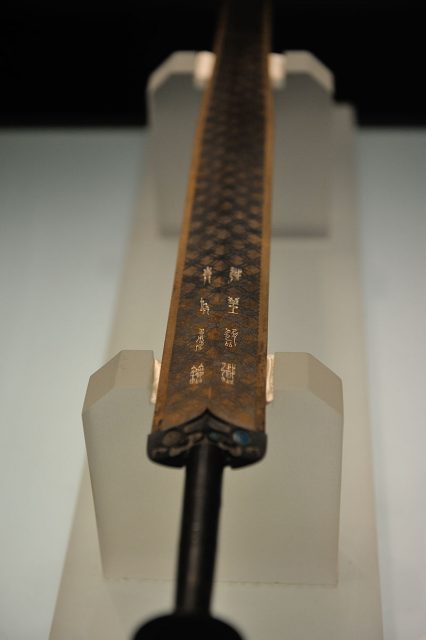
Goujian had maneuvered Fuchai into exactly the position he needed him to be, and his army soon attacked. As the losing king, Fuchai was humiliated and committed suicide.
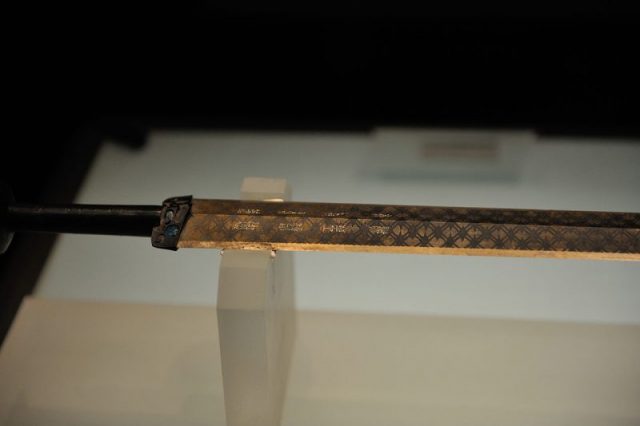
Unfortunately, Goujian’s years of captivity had affected him negatively and he soon turned against his own advisors. As top officials were being executed, Fan Li escaped, reportedly taking Xi Shi with him.
Goujian died in about 465 BC and was succeeded by his son Luying. The Kingdom of Yue was never the same and was later conquered by the Kingdom of Chu along with the Kingdom of Wu — putting everything back in its place.
